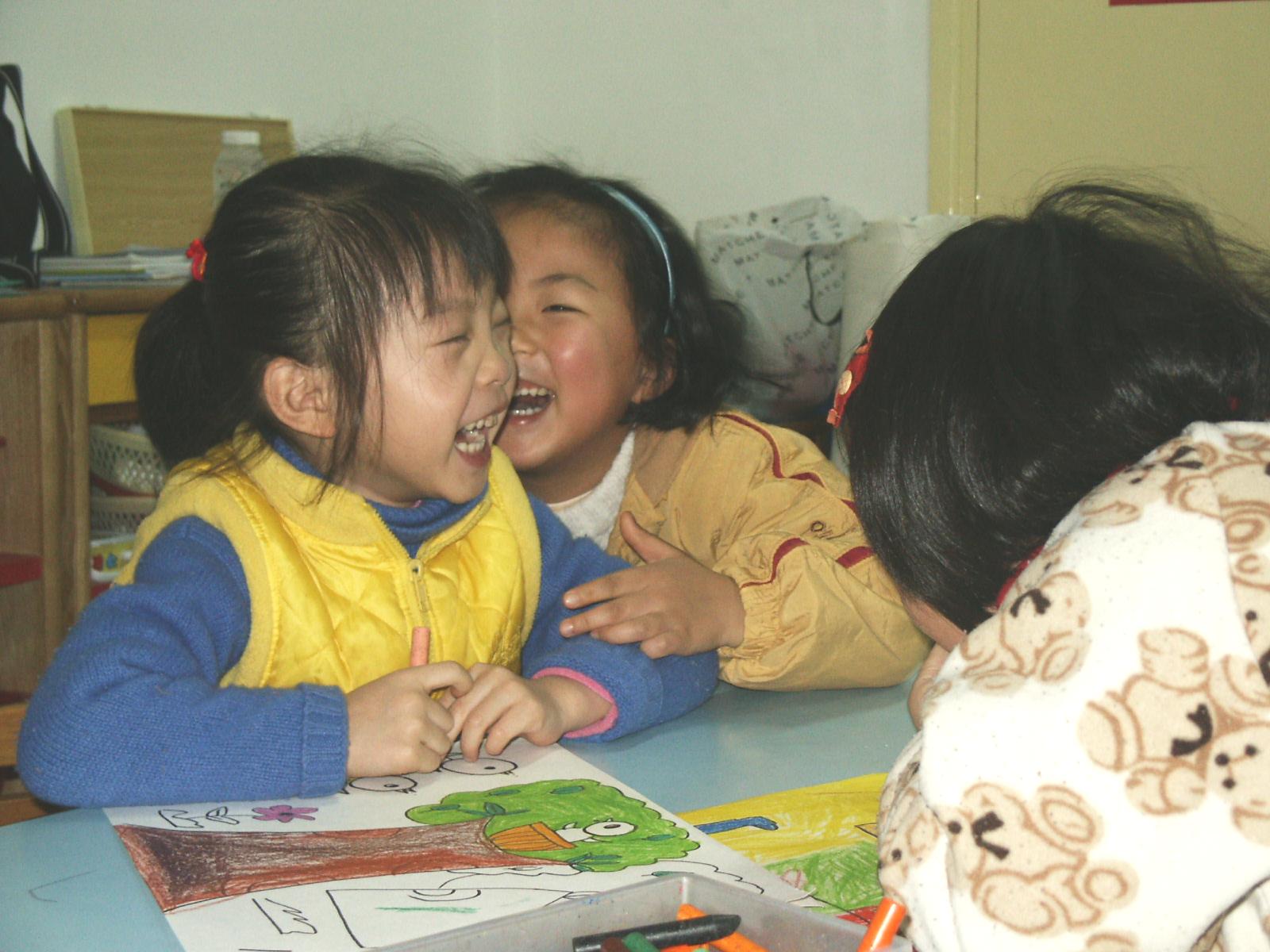

|

|

|

|
A Trip to China Presents a Daunting Research Agenda

How culturally dependent are our conceptions of creativity and the creative process? Decisions about which ideas are creative, which are entirely too zany and which are exciting and worthy of pursuit are relative and grounded in social agreement. According to the dominant Western view, creativity is tied to an observable product. Yet the Eastern view of creativity is far less focused on tangible evidence of "work" produced. Instead, creativity is seen to entail personal fulfillment or the expression of an inner truth or ultimate reality (Lubart, 1999). Taking an approach not unlike that suggested by the self-actualization movement advanced in the US by humanistic psychologists during the 1950's and 60's, non-Western societies and religious traditions often conceptualize creativity as spiritual or religious expression rather than an innovative solution to a problem. In the East, the emphasis on originality is greatly reduced (Hallman, 1970). Creativity is seen to involve the reinterpretation of traditional ideas or the finding of a new point of view rather than a complete break with tradition.
As Raina (1999) points out, the bulk of empirical creativity research continues to be pursued within narrow, ethnocentric boundaries. Researchers are faced with the seemingly intractable problem of finding appropriate measures and of avoiding culture-bound definitions; and as a result, very little truly cross-cultural work has been done.
Over the next few years, it is my hope that my work can take on a truly cross-cultural perspective. On a trip to Shanghai last January, I was fortunate to be able to meet with a number of developmental psychologists at the East China Normal University. My colleagues at ECNU are very much interested in the study of creativity and I am hoping to forge a long and fruitful collaboration with them.
The challenges are many! As I toured an amazing array of preschool, elementary school, middle school and secondary school classrooms and spoke with teachers, I became almost overwhelmed with the number of questions that must be investigated.
How do Chinese educators (and the Chinese people as a whole) view creativity? How is it defined? Is it valued? Would most teachers agree that it is important to foster the creativity of their students? Are Chinese schools already working toward this goal? If so, how?
And what of the "killers" of intrinsic motivation and creativity? Should our list of extrinsic constraints (expected reward, expected evaluation, competition, time limits and the like) be expected to undermine the intrinsic motivation of Chinese students? And, even more fundamentally, does it make sense to assume that the link between intrinsic motivation and creativity of performance holds in the more collectivist Asian context?
The questions are many...but that's the fun of it!
|